
Financial Data Sharing: The Emergence of FIDA
Introduction
The financial sector, especially e-commerce, is witnessing a transformative phase, with data-sharing mechanisms taking center stage. Traditional card acceptance fees have been a longstanding concern for businesses, and with the digital era, these concerns have only magnified. Enter the Financial Data Access (FIDA) framework, a promising alternative that aims to reshape the way we think about financial data sharing.
The Growing Concern of Card Fees in E-commerce
The digital age has amplified the challenges tied to card payments. Merchants are grappling not just with escalating fees but also the ever-present threats of fraud and chargebacks. Complex card payment processes, combined with inconsistent application of account to account payment rules, often culminate in customer dissatisfaction. This, in turn, leads to abandoned shopping carts and dwindling conversion rates.
Regulatory Interventions: A Beacon of Hope
The Payment Systems Regulator (PSR) hasn't remained a silent spectator. The recent spike in fees, especially post-Brexit, has spurred the PSR into action, prompting a comprehensive market review. Their mission? To foster competition and present businesses and consumers with more choices. Account to account payments are gaining traction as a potential solution, holding the promise of a more balanced payment ecosystem.
Unpacking the Revenue Streams of Card Payments
Account to account payments are heralding a new dawn in the payment sector. Their introduction has been met with rapid adoption, with a staggering number of transactions being processed every month. As consumers lean towards more direct and streamlined payment methods, account to account payments are poised to redefine e-commerce.
The Magnetic Pull of Account to Account Payments
The e-commerce experience isn't just about making a purchase; refunds are integral to shaping customer perceptions. A significant chunk of online shoppers expect swift refund processes. Businesses that can offer instant refunds are more likely to secure customer loyalty.
The Imperative of Digital Transformation
The lines between online and offline shopping are increasingly getting blurred. Today's consumers are on the lookout for seamless payment methods that bridge both worlds. This includes innovations like mobile wallets, one-click payments, and in-app purchases. Such integrations not only elevate the shopping experience but also pave the way for substantial revenue growth.
Digital Wallets: The Future of Payments
Digital wallets, including the likes of Apple Pay and Google Pay, are becoming omnipresent. They offer the luxury of instant payments, be it in physical stores or online.
Super Apps: The Next Big Thing
The idea of "super apps" is gaining momentum. These are all-encompassing applications that offer a plethora of services, from payments and shopping to entertainment and utilities. Such apps streamline the user experience, bundling multiple services under a single digital umbrella.
Conclusion
The financial sector is on the cusp of a revolution, with data-sharing mechanisms like FIDA leading the charge. As businesses and consumers alike navigate the challenges of the digital age, frameworks like FIDA offer a glimmer of hope, promising a more equitable and efficient financial landscape.
.png)
.jpg)
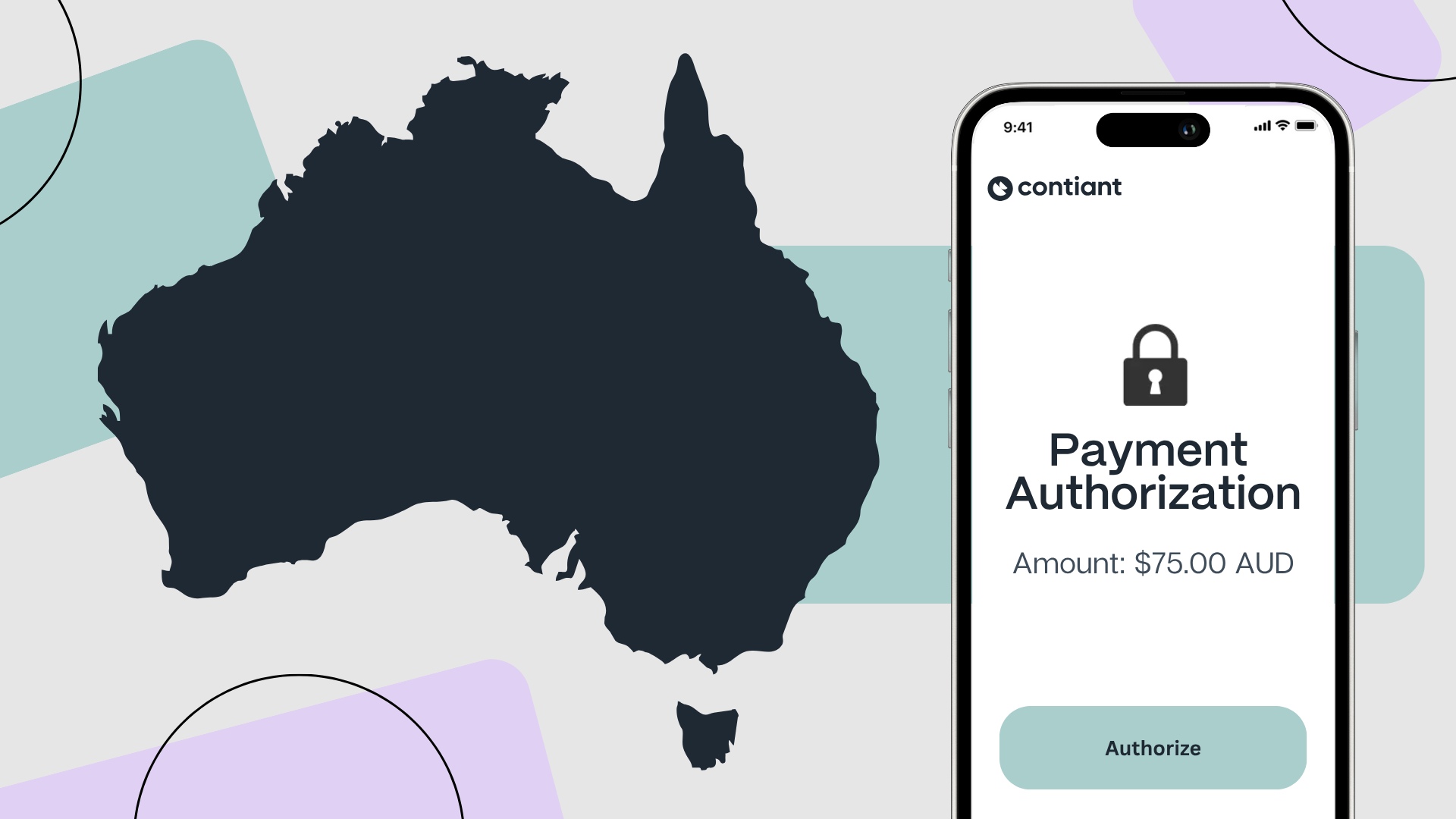
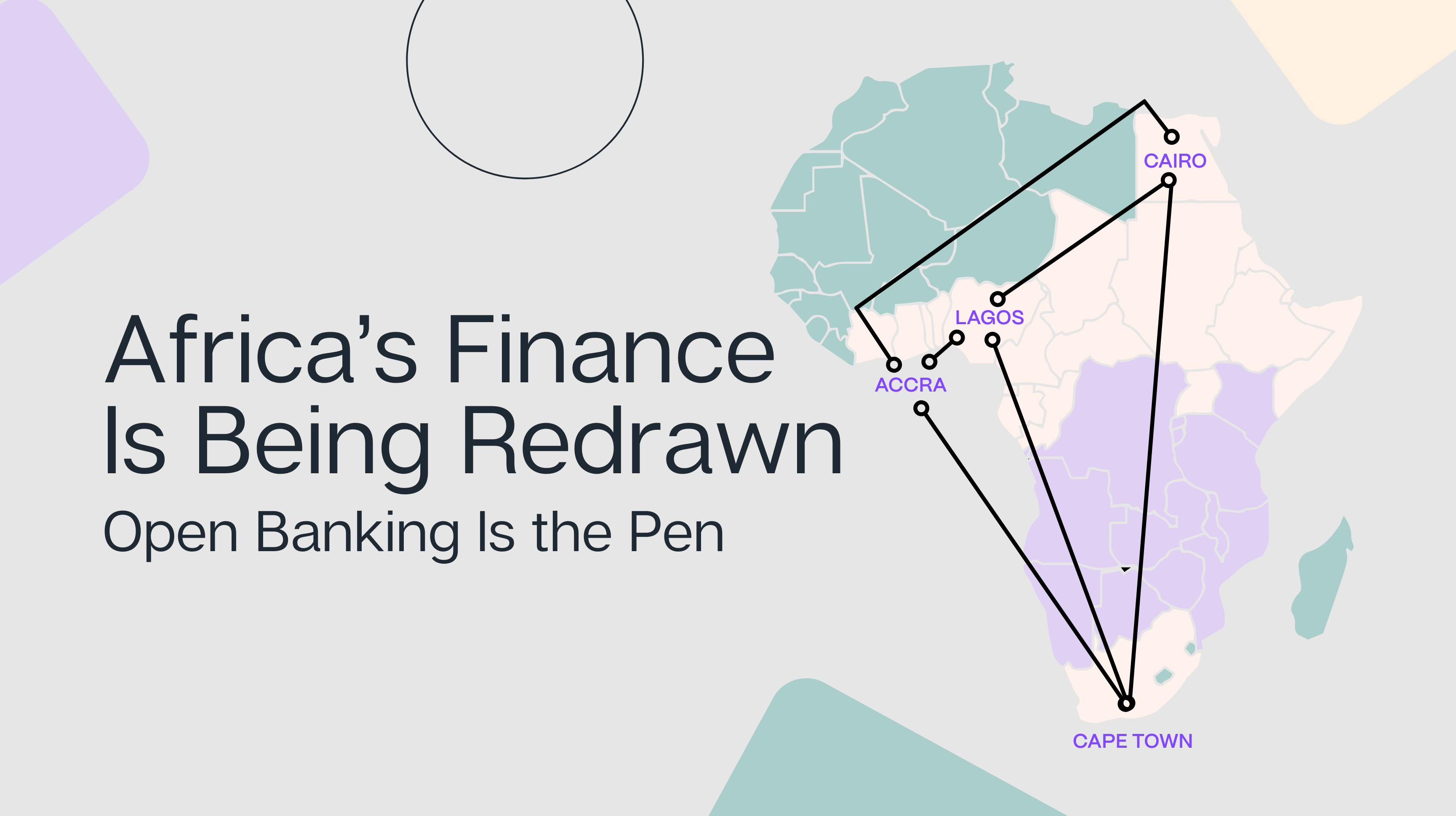
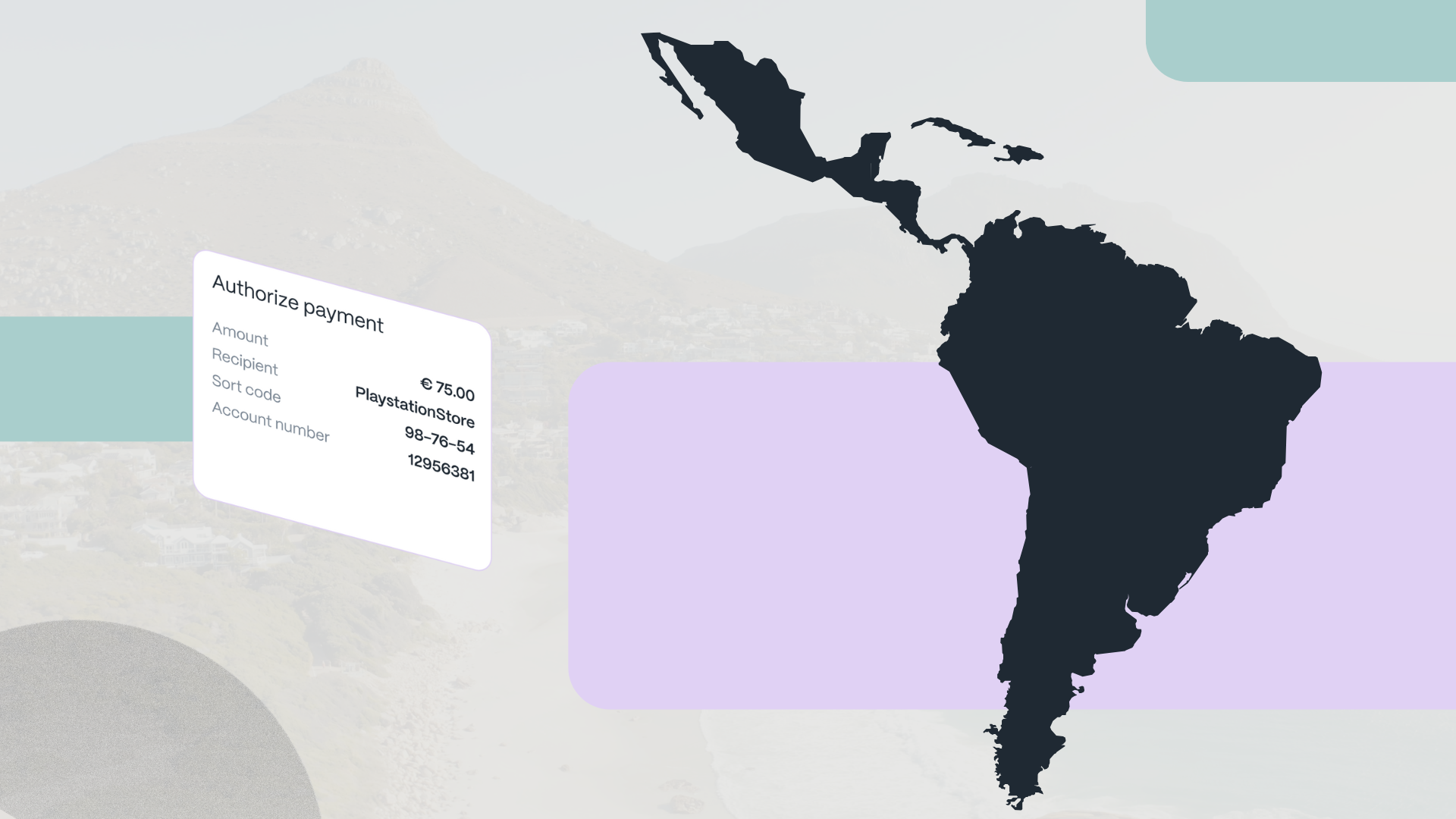
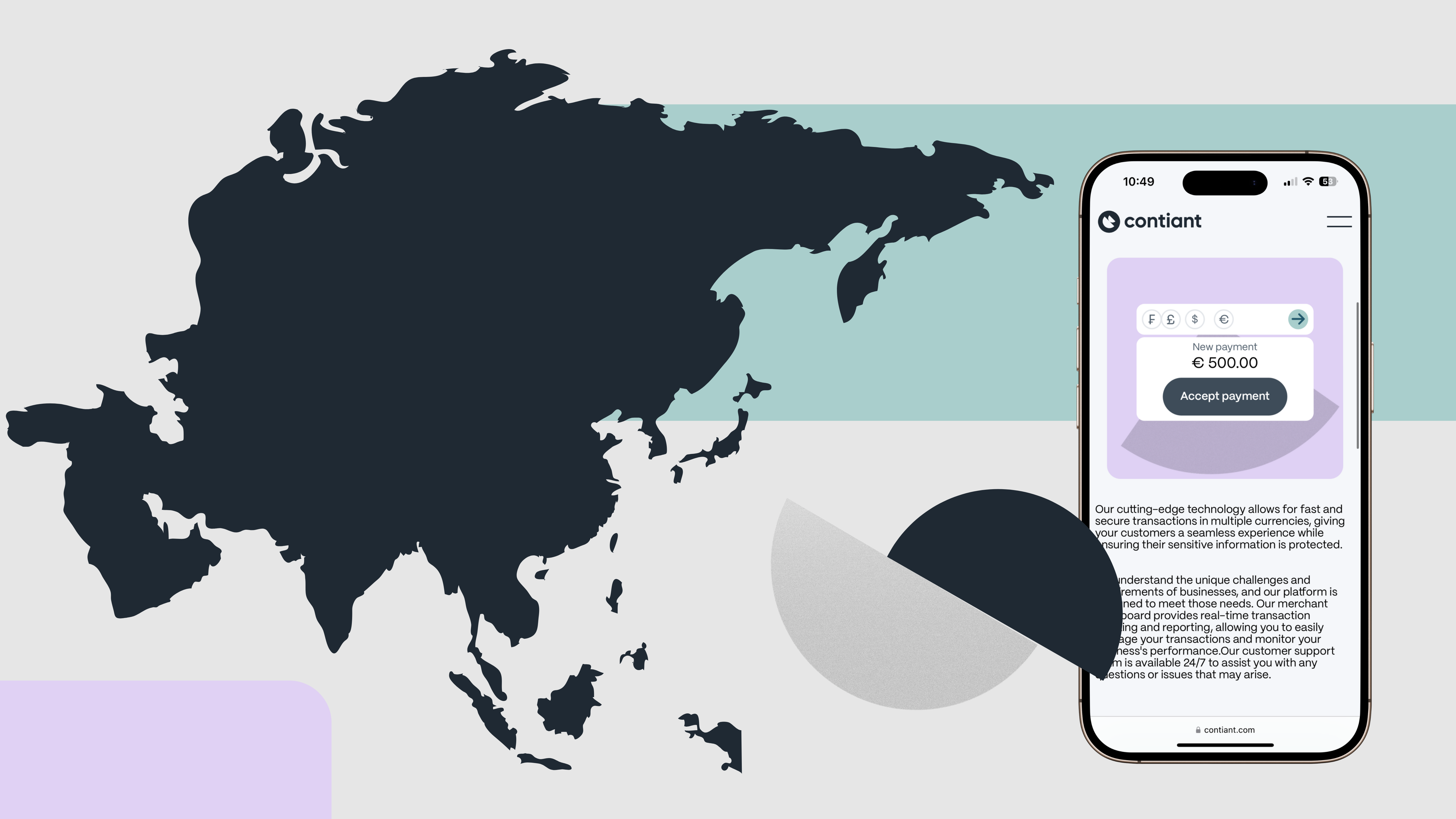


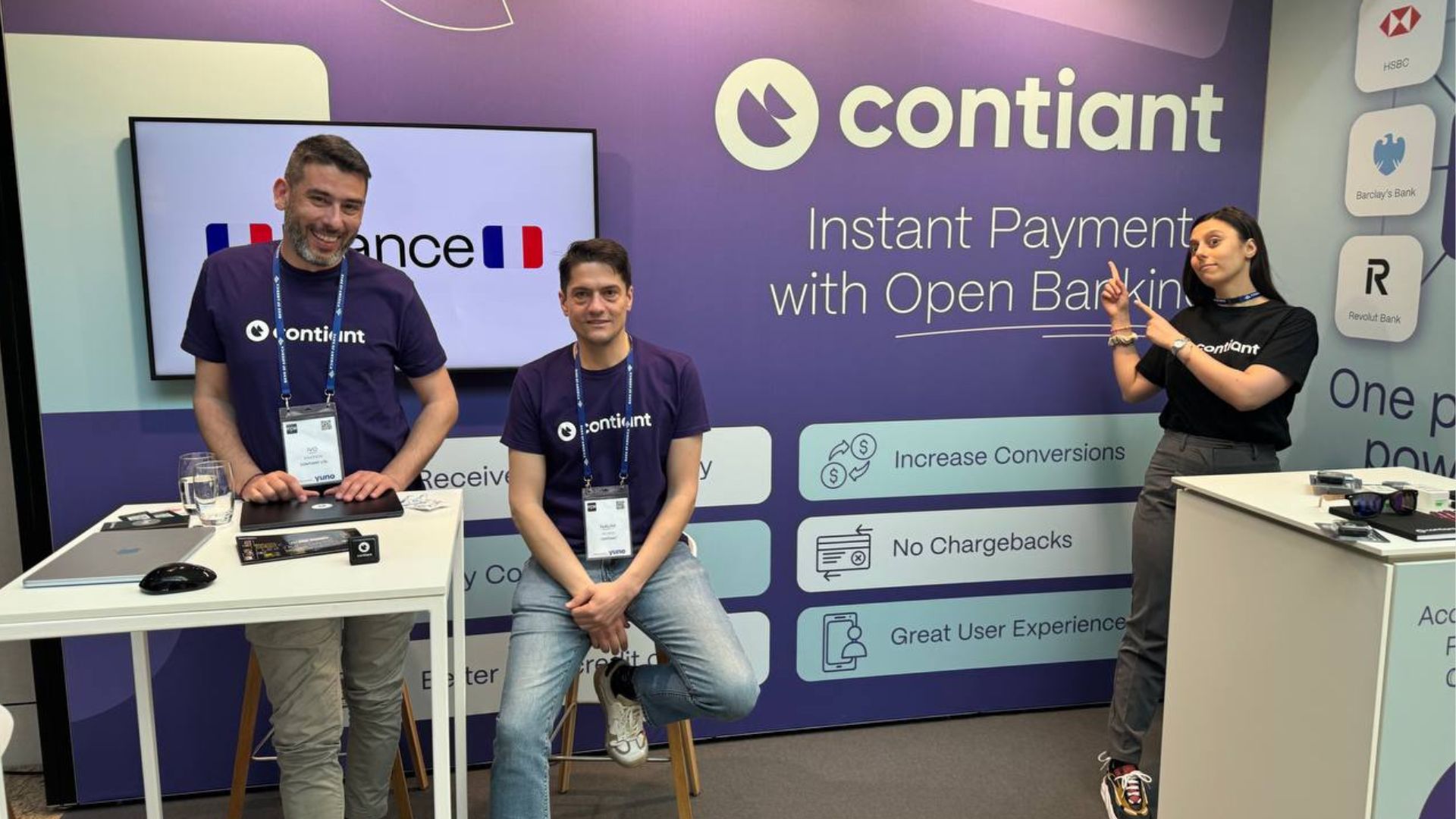





.png)









.png)
